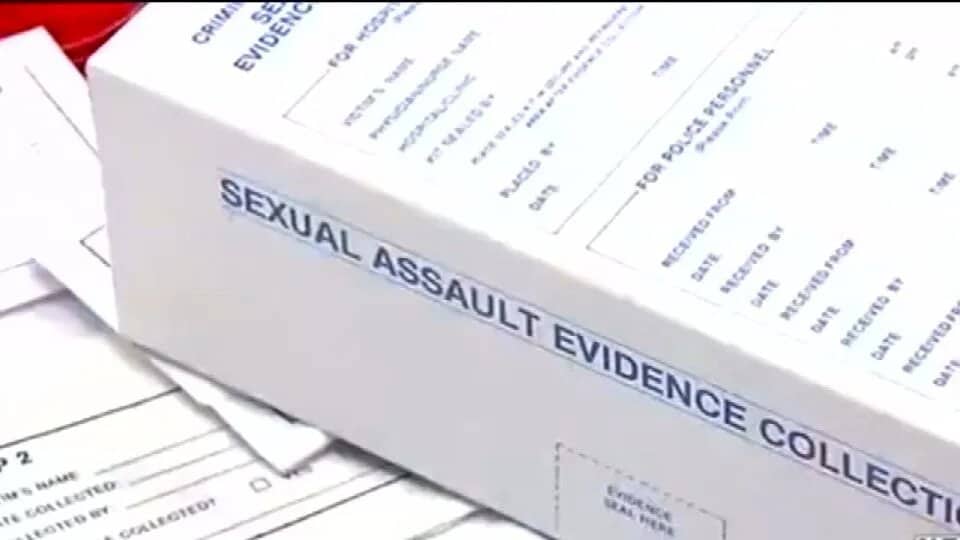Pennsylvania State Representative Brian Munroe (D-144), along with State Representatives Lisa Borowski (D-168) and Tim Brennan (D-29), issued a co-sponsorship memoranda on Wednesday that details soon to be introduced legislation to enhance the state’s Sexual Assault Testing and Evidence Collection Act (SATEC).
Victims of sexual assault know all too well the importance of timely collection and processing of rape kits. In some instances, the results have the ability to identify an otherwise unknown perpetrator.
As a former police office, Munroe is familiar with the handling of evidence and described the proposed legislation as “a tracking system that will allow the victim, law enforcement, and the state to be able to track the actual rape kit, not the victim’s identity, but the rape kit itself.”
Describing the kits as a very personal piece of evidence, he added that “this bill will allow a tracking system to be formulated where the privacy of the victim is 100% protected.”
“The rape kit tracking system would help ensure the evidence provided by victims – given at what is likely the most traumatic time in their lives – is properly maintained and available to investigators,” said Borowski. “It also empowers the victims themselves, by permitting them to access their case records whenever they want, allowing them to be as involved in their case as they want or need to be.”
The original law, Act 164, signed by Gov. Wolf in 2018 following bipartisan support that allowed it to easily pass both chambers.
Overseen by the Pennsylvania Department of Health and the State Police, Act 164 requires healthcare facilities to notify law enforcement within 12 hours of collecting evidence for a rape kit. The law also provides healthcare facilities with a designated phone number if the kit is not retrieved within 72 hours. Testing of the evidence is required to be completed within six months.
“One of my constituents reached out and wrote to me about this issue,” said Brennan, adding that House Speaker Joanna McClinton (D-191) had previously introduced a similar bill.
“This is one of those bills that improves the quality of justice, improves public safety,” he added. “When we have avenues that we can provide people with justice, we have a responsibility to do that.”
The April 2023 Untested Sexual Assault Kits and Backlogged Evidence Report issued by the Pennsylvania Department reveals the following data:
“A total of 1,172 law enforcement agencies, reported results. This is the highest number of reporting agencies since the inception of the mandatory reporting in accordance with the statute. The agencies, including campus police and approved laboratories, reported 177 backlogged sexual assault kits awaiting testing at the end of 2022. This is a 5% decrease over the number of backlogged kits compared to the end of 2021, and an 85% decrease compared to the end of 2016. Police departments are also in possession of 980 kits where the victim has not consented to having the kit tested, 437 kits where the victim is anonymous and 127 kits where the assault occurred in an unknown jurisdiction. It should be noted that in many cases with anonymous victims, the jurisdiction is also unknown.”
Thirty-four kits were identified as being from Bucks County.
Munroe believes Pennsylvania can do better and wants the state to join 33 other states, along with Puerto Rico and the District of Columbia, in creating a fortified and more transparent system to allow for the electronic tracking of all sexual assault evidence collection kits. Participation by medical providers and law enforcement would be mandatory.
“We track our packages from Amazon, right? But we don’t track rape kits from what is the most horrific incident in a person’s life,” Munroe said.
Borowski pointed out that another benefit of the legislation is how survivors will have easy access to helpful information and supportive resources including legal, behavioral, and medical help.
“The effects of rape on an individual can manifest at any time, so it’s essential for them to know where to turn when they need help,” she said.






